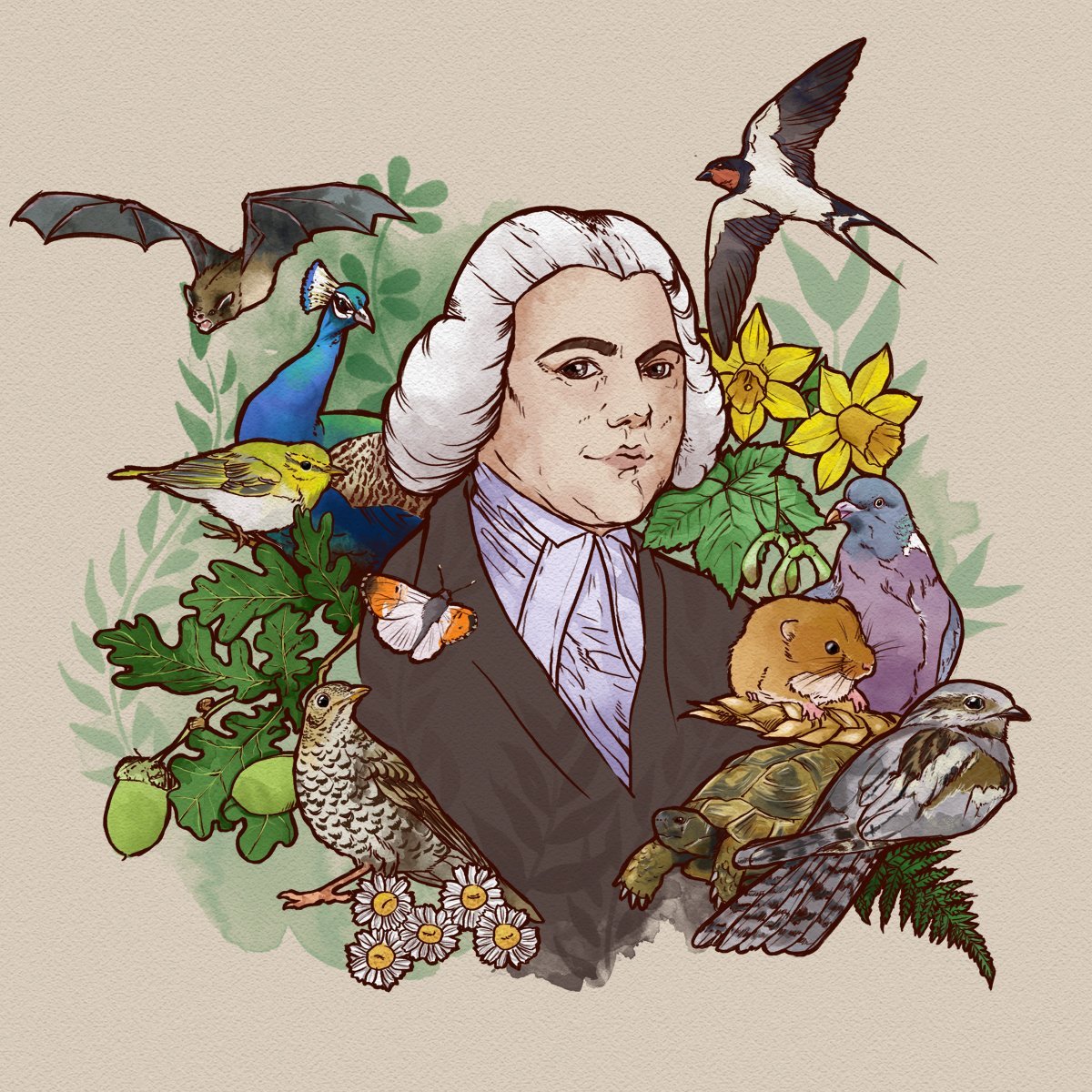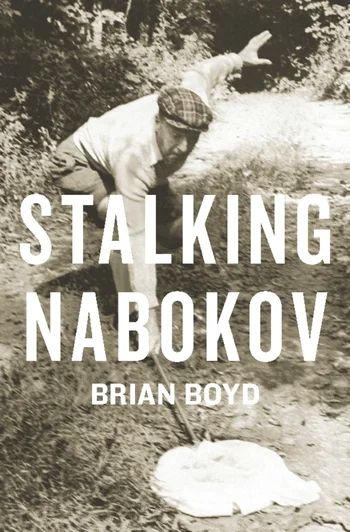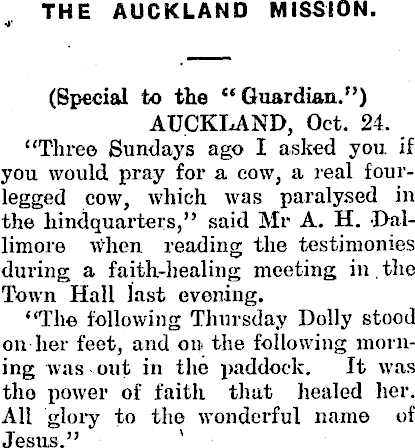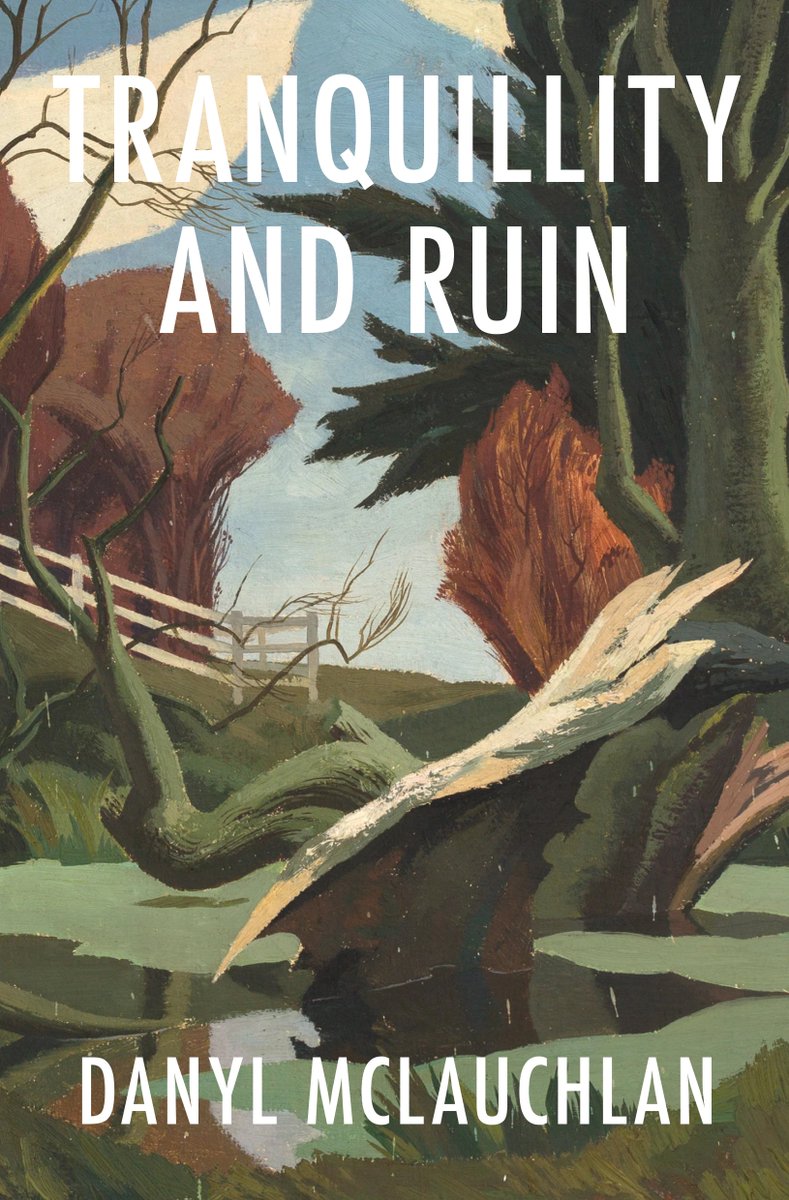
1/15 The controversy over the letter by a group of scholars opposed to treating Matauranga Maori as science continues. I think the scholars who wrote the letter rely on a glaring double standard, when they dismiss the idea that Polynesian societies had science. 

2/15 In their letter, Michael Corbalis and co argue that science emerged from a range of societies, including Greece, India, Egypt, and the Islamic Middle East. They accept science was often misused for political & military ends, & that it was a tool of colonisation.
3/15 But the letter-writers argue that we have to distinguish between the misuse of science and a sort of true science, which is rational and progressive and untainted by irrational ideas. 'Science does not colonise', they say.
4/15 The letter-writers are appealing to the idea that, even tho the history of science is messy, it is possible to extract from it theories & gains in knowledge made by scientists over the centuries. Imre Lakatos called this 'the rational reconstruction' of the scientific past. 

5/15 Lakatos, who trained with Karl Popper, wanted to differentiate genuine scientific knowledge and progress from the abuses of science and from the non-scientific ideas scientists often came up with.
6/15 Hence Lakatos would look at Isaac Newton's career, & separate Newton's theory about gravity from his experiments in alchemy and ideas about witchcraft.
7/15 In the same way, Lakatos tried to look at the contributions that the Greeks made to science, and to set aside non-scientific aspects of their culture, like their beliefs in various gods and goddesses and their use of magic.
8/15 The idea that a rational history of science can
be reconstructed is popular. There is nothing ipso facto wrong about the writers of the letter relying on it. What is wrong is the way they refuse to allow that the same rational reconstruction might be possible in Aotearoa.
be reconstructed is popular. There is nothing ipso facto wrong about the writers of the letter relying on it. What is wrong is the way they refuse to allow that the same rational reconstruction might be possible in Aotearoa.
9/15 Corbalis & co rule out the idea that there might be anything scientific in Polynesian knowledge. But surely advocates of Matauranga Maori have been doing what the letter-writers accept as valid in relation to European science?
10/18 The Matauranga Maori scholars that Corbalis and co denigrate have been exploring traditions & practices, & differentiating those that were scientific from those that were not.
11 University of Auckland geologist Dr Daniel Hikuroa has distinguished between scientific and non-scientific parts of Maori traditional knowledge. He noted the Maori lunar calendar, which is based upon empirical observation and makes predictions that can be tested. It's science.
12 The double standard becomes clear if we compare European and Maori contributions to a particular scientific field. Phenology is a science that studies biological life cycles. Many Europeans consider Gilbert White the godfather of phenology. 

13 White was an 18th C century English parson who described the patterns of life in his vicarage in a series of beautiful letters. After careful observation, he was able to make predictions about when various species of birds would depart from and return to his part of the world.
14 But hundreds of years before White Polynesian navigators had already become expert in phenology. As Andrew Crowe shows in his wonderful book Pathway of the Birds, Polynesian explorers relied on extremely detailed and accurate knowledge of bird movements. 

15 Polynesian phenological knowledge is preserved in sayings and waiata. A famous example is the proverb “Ka tangi te wharauroa, ko ngā karere a mahuru' - 'If the shining cuckoo cries, it is the messenger of spring'. 

16 Polynesian phenologists did not study at European universities & publish scientific papers. But nor did Gilbert White. Polynesian proverbs often combine religious imagery with scientific observations. But Gilbert White's texts do the same.
17 So why is White considered a scientist but not his Polynesian counterparts? Why is it possible to differentiate scientific from non-scientific knowledge in European history, but not do the same for Polynesia? The letter-writers rely on an enormous double standard.
• • •
Missing some Tweet in this thread? You can try to
force a refresh



















